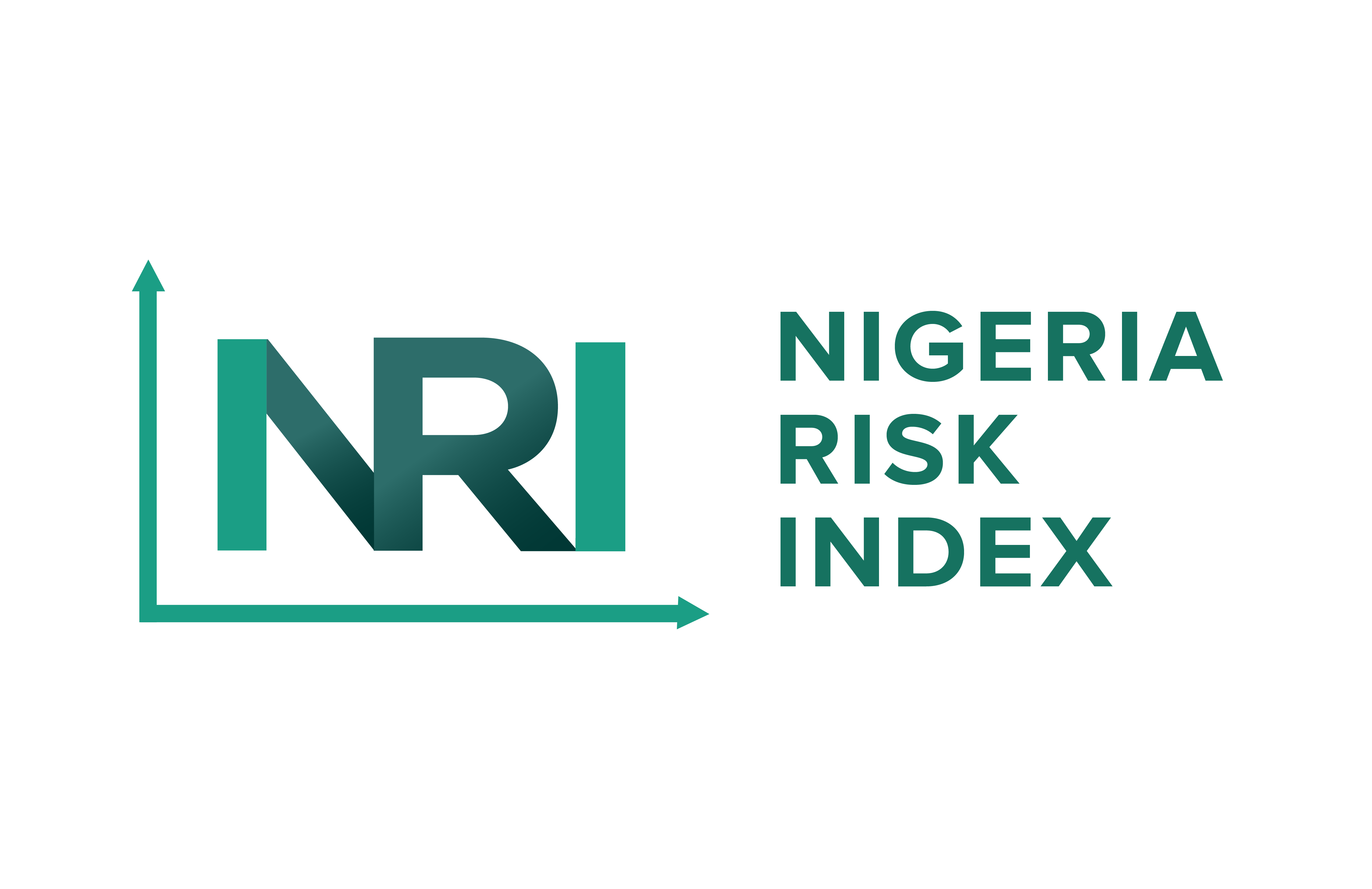Insights
Nigeria's land administration has long been a complex and contentious issue, primarily due to the interplay between federal and state powers as enshrined in the Land Use Act of 1978. This Act effectively nationalized land, vesting all land in each state in its Governor to be held in trust and administered for the use and common benefit of all Nigerians. While the Act aimed to streamline land ownership and make land more accessible, it has also been a source of continuous debate and legal challenges, particularly regarding the extent of federal and state powers over land.
The current dispute has been reignited by recent directives from federal agencies, particularly concerning land allocation along waterfronts and coastal areas. This has led to significant confusion and disruption in the real estate market, especially in states like Lagos, which are rich in coastal assets. The legal foundation for this controversy lies in Section 49 of the Land Use Act, which specifies that lands in the possession of the federal government and being used by its agencies belong to the federal government. This provision has often been a point of contention, leading to disputes over jurisdiction, especially in areas of strategic national importance or those with significant economic value, such as coastal regions and waterways.
Recent Controversy and Federal Directives
The current controversy stems from recent directives issued by federal entities, which appear to assert federal ownership and control over lands abutting waterfronts, shoreline areas, and waterways setbacks. A notable instance is an advertorial published by the Minister of Housing and Urban Development, claiming that ownership of all such properties resides with the federal government. This claim was purportedly based on a Supreme Court judgment in the case between the National Inland Waterways Authority (NIWA) and the Lagos State Waterways Authority (LASWA). The advertorial went further to demand that all waterfront property owners regularize their title documents with the Ministry and challenged the competence of the Lagos State Building Control Agency (LABSCA) to enforce physical planning laws.
Similarly, the Office of the Surveyor-General of the Federation issued a publication directing owners and stakeholders of lands within the “setbacks” of all shorelines, coastal roads, and lagoons to present their documents for recertification, even purporting to revoke previously granted approvals. These actions have been widely criticized for overreaching federal powers and encroaching upon the sovereignty of state governments.
A critical aspect of the current controversy is the alleged misinterpretation of the Supreme Court judgment in National Inland Waterways Authority & 3 Ors v. Lagos State Waterways Authority & 5 Ors. While federal agencies have cited this judgment to assert ownership over coastal lands, legal analyses suggest that the ruling primarily concerned the right to collect levies and charges from ferry and boat operators on inland waterways, not land title or ownership. Legal experts argue that the judgment did not confer ownership of all lands within the setbacks on the federal government, and the issue of land title was not decided in that case. The Supreme Court has, in previous judgments, affirmed the exclusive competence of states to deal with planning approvals and land administration within their territories.
The implications of these federal directives are significant and far-reaching. The confusion generated has already impacted the real estate market, leading to uncertainty among property owners, developers, and investors. It creates a climate of instability, potentially deterring investment and hindering economic development in affected areas. Furthermore, such actions undermine the principle of federalism and the established legal framework for land administration in Nigeria.
The ongoing controversy underscores the persistent challenges in navigating the country's complex federal structure and legal framework. While the federal government's intent to ensure proper planning and development along coastal areas may be well-intentioned, the approach taken by some agencies has created unnecessary confusion and conflict. Upholding the sanctity of the Land Use Act and respecting the established roles of state governments in land administration are paramount for fostering a stable and predictable environment for investment and development.
A collaborative and legally sound approach is imperative to resolve these disputes to minimize the risks in Nigeria’s real estate Industry.

The Risk Control Team
Related Blog Posts
- GENOCIDE OF CHRISTIANS – IS NIGERIA GUILTY AS CHARGED?
- Is Nigeria under President Tinubu’s Administration, Finally Controlling Its Economic Risks?
- Northern Nigeria’s Peace Deals With Bandits: Truce or Time Bomb?
- The Dangote-Transporters Impasse: A Clash of Modernisation and Tradition
- Nigeria’s Mandatory Taxpayer Identification Number (TIN)Policy
